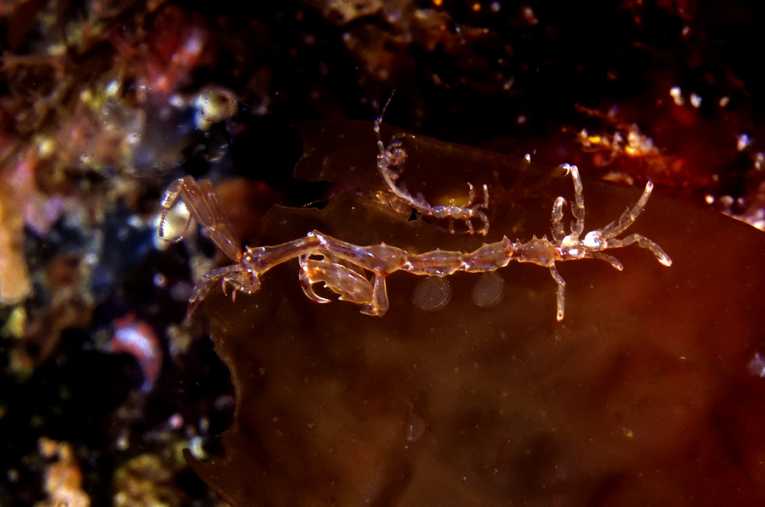Alien species on UK shores are forcing out natives according to the Marine Conservation Society (MCS) who are asking for help from sharp-eyed spotters to identify and report these incomers.
The marine charity has launched a Marine Non-native Species ID Guide to help spot these invaders so it can build up a picture of the extent of the influx.
MCS has teamed up with the Marine Life Information Network (MarLIN) whose website can be used to report sightings of such new arrivals as slipper limpets, Japanese skeleton shrimp, wakame, and wireweed.
They arrive on board commercial shipping or simply float into British waters and many new species like what they find, often to the detriment of native species, according to Emma Snowden of MCS.
She said: "Alien marine species are dwelling in the space that our native species would usually inhabit, meaning UK wildlife like crabs and shrimps are, quite simply, being squeezed out."
Wireweed is crowding out native seaweeds says MCS and the slipper limpet - which breeds at an incredible rate - is colonising the south coast at an extraordinary rate. "In some places, like Brighton beach, you only have to scoop up a handful of pebbles to see how many slipper limpet shells are being washed up there - they are totally rampant!" Snowden said.
Some visitors are dangerous to humans as well as wildlife. For example, the Chinese mitten crab - easy to spot with its hairy claws and dinner plate size - burrows into flood defence barriers. Other species put pressure on economically important natives which have helped support fishing communities for centuries.
"We know they are here but what we need to establish is the full extent of the damage that they can cause and how we can combat it," said Snowden, urging nature spotters to join in the MCS survey.
Top Image Credit: Skeleton Shrimp © Kwerry










